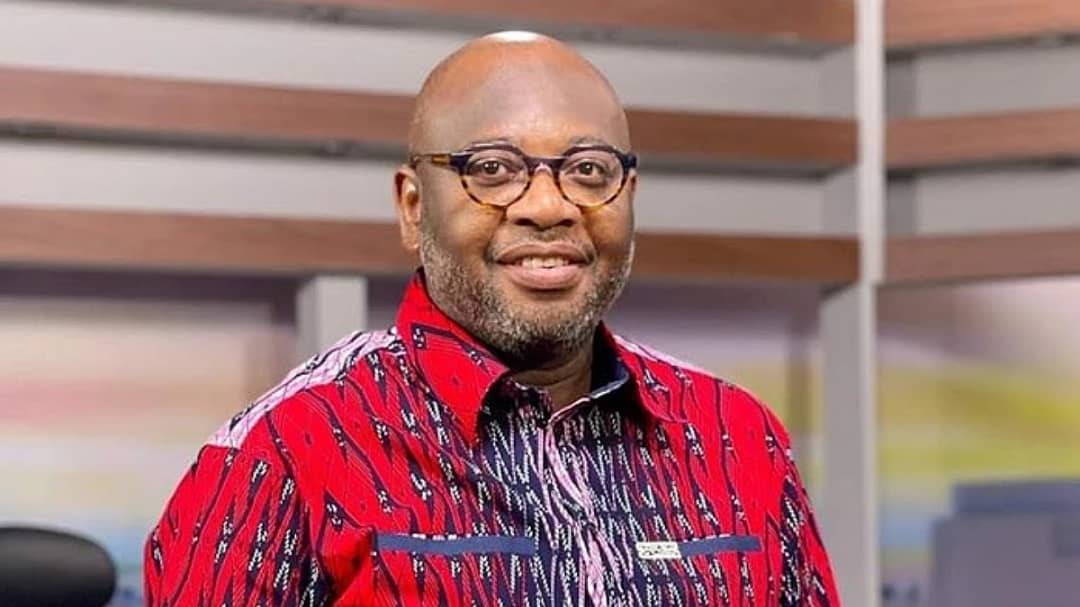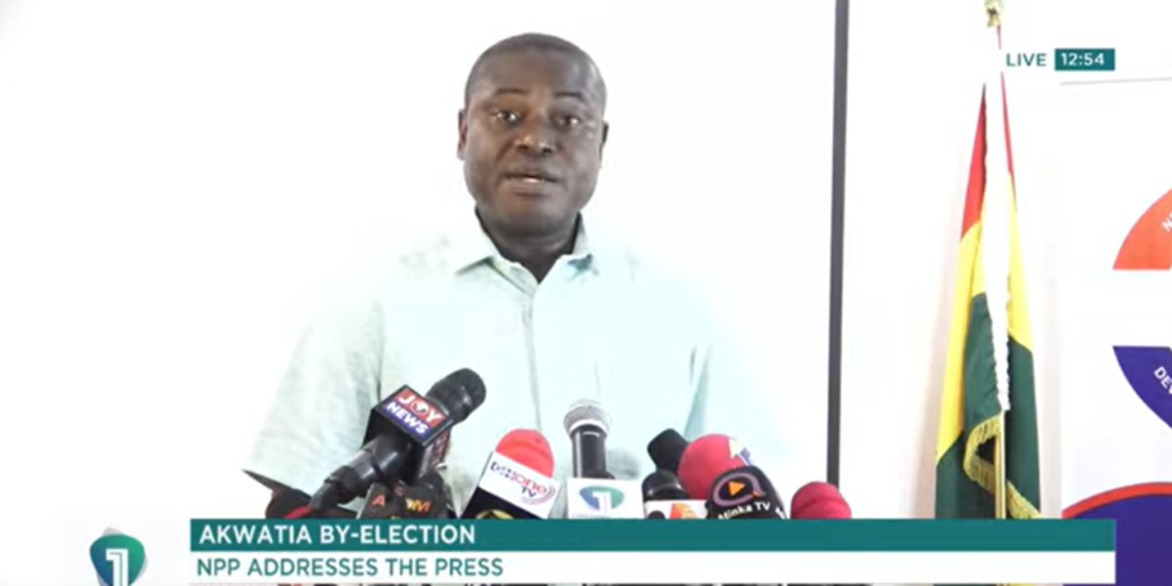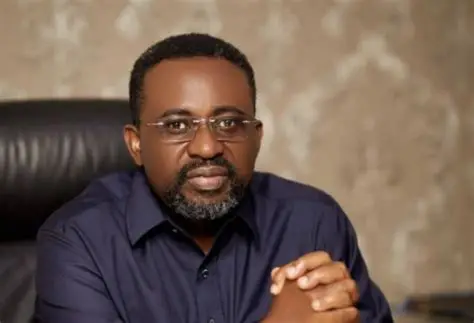The allegations by the Media Foundation for West Africa (MFWA) against Richard Jakpa, Director of Special Operations at the National Security Secretariat, raise serious constitutional concerns. MFWA claims that Jakpa ordered The Fourth Estate journalists to abort an interview with the Director-General of the Ghana Health Service during an ongoing investigation.
- Constitutional Protections for Press Freedom
Ghana’s 1992 Constitution provides clear and unequivocal guarantees for press freedom:
Article 162(1) – “Freedom and independence of the media are hereby guaranteed.”
Article 162(2) – The press and other media shall, at all times, be free to uphold the principles, provisions, and objectives of the Constitution and shall not be subject to control or interference by government or any other authority.
Article 162(4) – Editors and publishers shall not be subject to control or interference in the performance of their professional functions.
If the MFWA’s account is accurate, Jakpa’s actions — whether intended as a “security measure” or otherwise — would amount to an unlawful interference in violation of these provisions.
- The Role and Limits of National Security
Under the Security and Intelligence Agencies Act, 1996 (Act 526), the National Security Council’s mandate includes protecting the state against threats such as espionage, sabotage, terrorism, and subversion. It does not extend to controlling media interviews or obstructing journalistic investigations. Any such action falls outside legal authority and could constitute abuse of office under Ghana’s criminal laws.
- Possible Legal Consequences
If investigated and confirmed, Jakpa’s alleged conduct could attract:
Administrative sanctions under the National Security’s internal regulations for abuse of power.
Criminal liability under Section 179 of the Criminal Offences Act, 1960 (Act 29) for abuse of public office.
Civil liability for violation of constitutional rights, if the journalists pursue an action under Article 33 of the Constitution.
- Duty of the President
Article 58(1) vests the executive authority of Ghana in the President. This means President John Dramani Mahama, as Commander-in-Chief and head of the National Security Council, has a constitutional obligation to ensure his appointees do not undermine the rights guaranteed by the Constitution. Failure to address such breaches may itself be seen as tacit endorsement of unconstitutional conduct.
This case is more than a press freedom issue — it is a constitutional test. Ghana’s democratic health depends on upholding the separation between legitimate national security work and unlawful political or personal interference in the media. Allowing such actions to go unpunished would weaken the rule of law and embolden future violations.


